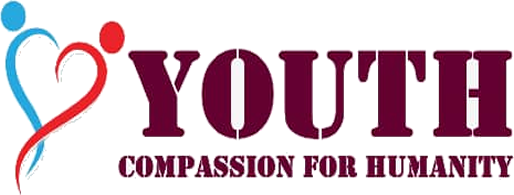YCFH Uganda’s research findings reveals that preparedness efforts, early warning systems and communication systems will help ensure that cities, communities and individuals threatened by natural or other hazards can act in sufficient time and appropriately to reduce injury, loss of life and damage to property and fragile environments.
However, it has been found that disasters can be classified into three types: (1) natural; (2) man-made; and (3) Natural disasters are catastrophic events resulting from natural causes such as volcanic eruptions, tornadoes, earthquakes, etc., over which man has no control.
In times of crisis, and the aftermath that follows, women, children and the elderly are particularly vulnerable. For example, significantly more women than men are injured or killed during hurricanes and floods. And when food becomes scarce, women and girls are the last to eat, as often their nutritional needs are viewed as less important than those of men and boys.
YCFH Covid-19 Emergency Response Intervention Programme
Covid-19 Rapid Emergency Response (CREmeR) is an initiative of cooperation between the local government and civil society aimed to address food prints of the pandemic that were aggravated by the lockdown rendering many people both in the rural and urban vulnerable to extreme poverty and at-risk of causing deficiencies especially in the Eastern part of Uganda. The Covid-19 outbreak has featured poverty in its many different dimensions continuing to manifest ranging from material well-being (basic needs of life like nutrition, good health, shelter, education etc) to increasing gross human rights violations especially Gender-Based Violence( (GBV), migrating citizenry and breakdown of social networks typical of Eastern region’s common challenges. CREmeR will address the pertinent issues affecting the vulnerable/marginalized communities of Eastern region resulting from the outbreak by offering relief food (posho, rice & Beans) and domestic supplies (washing soap, sanitizers, face masks, etc) to the very poor households. The project will also reach out to teenagers and young mothers who in need to sanitary materials in order to manage their hygiene during their menstrual periods. It is common knowledge that the COVID-19 outbreak has occurred at a very critical moment leading to Uganda political elections. Historically, the electoral period is such time that many citizens witness societal breakdown (families, communities. etc) political extremism due to competing political ideologies and fractions that are a genesis of aggravated violence especially among youth, as well as tribal conflicts. The Programme of Cooperation will therefore spearhead peace dialogues, conduct human rights education, monitoring and documentation and reporting at the high of this critical period. The project will also implement such activities as building institutional and individual capacity to enhance community engagement towards hygiene promotion, promotion of food security, advancing gender and protection, including GBV and enhancement of citizens engagement leading to meaningful of youth participation in elections (2021). CREmeR will be implemented in the selected most vulnerable sub-counties and targeting 15000 households in the Busoga region in order to empower communities to recover from the impacts of COVID-19 and to generate sustainable development
